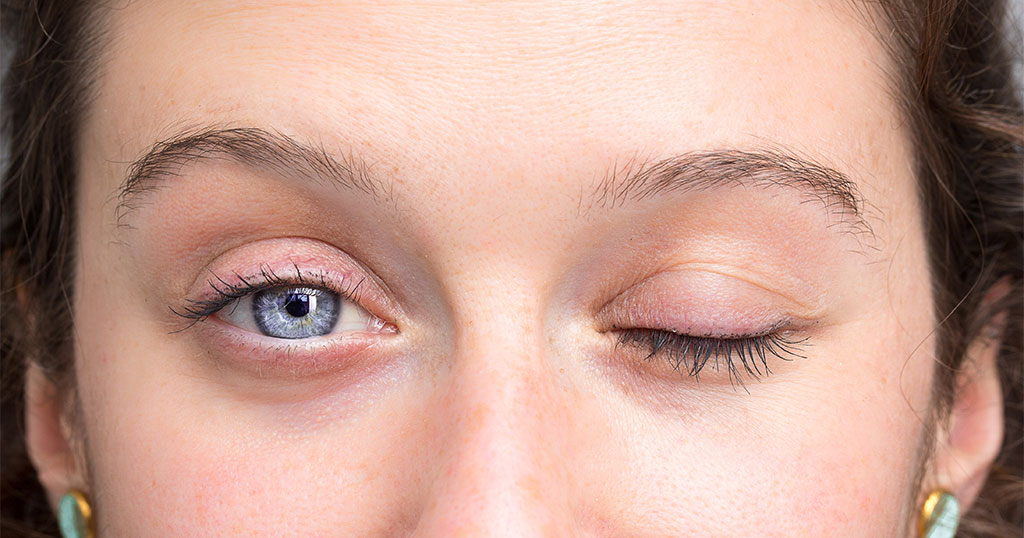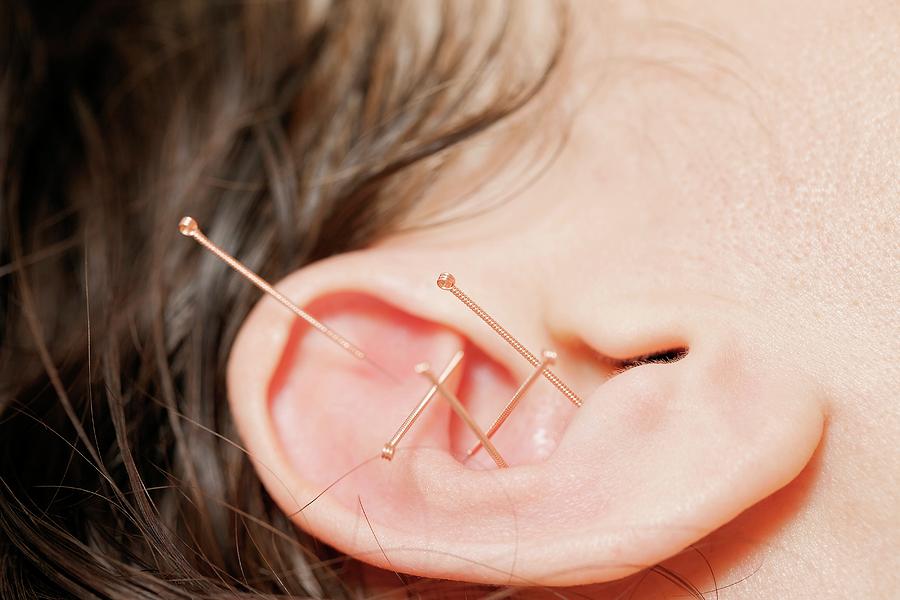Facial Palsy Treatment in London: Your Options

Facial palsy is a distressing condition that affects the muscles of the face, often resulting in weakness, paralysis, or involuntary movements. Whether caused by Bell's palsy, trauma, or neurological disorders, it can significantly impact one's confidence and quality of life. Fortunately, for those seeking facial palsy treatment London, a wide range of world-class options are available.
Understanding Facial Palsy
Facial palsy occurs when there is damage or dysfunction to the facial nerve (cranial nerve VII), responsible for controlling facial movements. Symptoms may include:
Drooping of one side of the face
Difficulty closing the eye or smiling
Facial stiffness or weakness
Drooling or slurred speech
Altered sense of taste
Timely and appropriate treatment can significantly improve outcomes and prevent long-term complications.
Causes of Facial Palsy
Before exploring facial palsy treatment in London, it is important to understand the underlying causes. Some of the most common include:
Bell's Palsy: A sudden, unexplained episode of facial muscle weakness.
Trauma: Head injuries or surgeries that affect facial nerves.
Stroke: A neurological cause that may mimic facial palsy.
Tumors: Growths pressing on the facial nerve.
Infections: Including Lyme disease and herpes simplex.
Identifying the root cause is crucial for effective treatment.
Diagnosis Process
A proper diagnosis forms the foundation for successful treatment. In London, facial palsy specialists typically use:
Clinical Evaluation: Assessment of facial movement and symmetry.
Imaging Tests: MRI or CT scans to identify nerve damage.
Electromyography (EMG): Measures the electrical activity of muscles.
Blood Tests: To rule out infections or autoimmune conditions.
Many clinics offering facial palsy treatment in London provide a multidisciplinary diagnostic approach to ensure accurate results.
Treatment Options Available in London
1. Physiotherapy and Facial Exercises
One of the first lines of treatment, physiotherapy helps restore muscle strength and improve symmetry. Therapists in London use targeted exercises to:
Retrain facial muscles
Prevent muscle atrophy
Improve coordination
Biofeedback therapy is often incorporated to enhance results.
2. Medications
For conditions like Bell's palsy, corticosteroids are typically prescribed within the first 72 hours to reduce inflammation. Antiviral medications may also be used if a viral infection is suspected.
3. Surgical Interventions
In some cases, surgery is the best option. London offers access to top facial nerve surgeons who specialize in:
Facial Nerve Decompression: To relieve pressure on the nerve
Nerve Grafting: Transplanting nerves from other parts of the body
Muscle Transfers: Restoring movement using other facial muscles
4. Botox and Fillers
Non-surgical options like Botox can help manage synkinesis (involuntary movements) and improve facial symmetry. Fillers are also used to restore volume to affected areas.
5. Psychological Support
Living with facial palsy can be emotionally challenging. Many clinics providing facial palsy treatment in London also offer counseling and mental health support to help patients cope with their condition.
Choosing the Right Clinic in London
When seeking facial palsy treatment in London, it’s important to select a clinic with:
Experienced specialists: Look for board-certified neurologists, ENT surgeons, and physiotherapists.
Multidisciplinary teams: A combined approach ensures better outcomes.
Modern facilities: Advanced diagnostic and therapeutic equipment is key.
Patient reviews and testimonials: Check what other patients are saying.
Clinics such as the Royal National ENT Hospital and private centers in Harley Street are known for their excellence in this field.
Benefits of Early Treatment
Starting treatment as early as possible offers multiple benefits:
Faster recovery
Better muscle function restoration
Reduced risk of permanent damage
Improved facial symmetry
Enhanced emotional well-being
Patients receiving facial palsy treatment in London often report visible improvement within weeks to months, depending on the severity and cause.
Post-Treatment Care
Post-treatment care plays a vital role in long-term recovery. This includes:
Continued physiotherapy: Essential for maintaining gains
Regular follow-ups: Monitoring progress and adjusting treatments
Eye care: Using drops and ointments to prevent dryness if blinking is impaired
Diet and lifestyle: Supporting nerve health through proper nutrition
Adhering to your healthcare provider's recommendations can significantly enhance recovery outcomes.
Frequently Asked Questions
Is facial palsy treatment covered by the NHS?
Yes, most essential treatments for facial palsy are covered by the NHS. However, private clinics may offer faster access and advanced cosmetic procedures.
How long does recovery take?
Recovery can range from a few weeks to over a year, depending on the underlying cause and treatment approach.
Can facial palsy recur?
While rare, some forms such as Bell's palsy can recur. Ongoing monitoring and preventive care can reduce the risk.
Final Thoughts
If you're exploring options for facial palsy treatment in London, you're in good hands. The city is home to some of the most advanced medical facilities and specialists in the world. With a comprehensive, personalized treatment plan, recovery is not just possible—it’s likely. Don’t wait to take the first step toward reclaiming your facial function and confidence.
Start your journey today by consulting a reputable clinic and taking control of your recovery.
Note: IndiBlogHub features both user-submitted and editorial content. We do not verify third-party contributions. Read our Disclaimer and Privacy Policyfor details.







